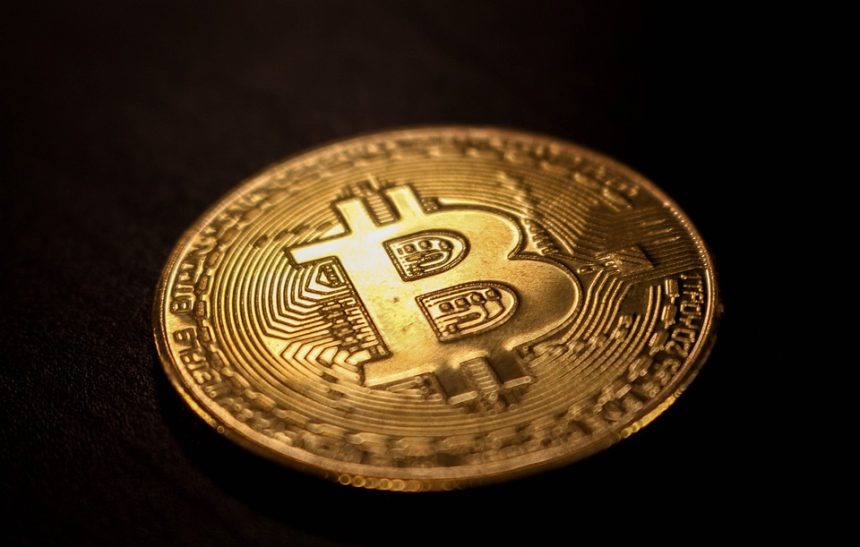The gaming industry is undergoing a significant transformation, propelled by the advent of blockchain technology and decentralized applications (dApps). This shift is not merely a trend; it represents a fundamental change in how games are developed, played, and monetized. As blockchain technology continues to evolve, its integration into gaming is creating new opportunities for developers, players, and investors alike. In this article, we will explore how blockchain-based dApps are reshaping the gaming landscape and what the future holds for this dynamic intersection of technology and entertainment.
The Rise of Blockchain in Gaming
Blockchain technology offers a decentralized, transparent, and secure framework for various applications, making it an attractive choice for the gaming industry. Traditional gaming systems are often marred by issues like ownership disputes, lack of transparency, and centralized control. These challenges can lead to content creators and players feeling undervalued, as they often lack control over their own assets or the revenue generated from their creations.
Blockchain gaming introduces a new paradigm where players own their in-game assets, verified through non-fungible tokens (NFTs). This ownership not only enhances the gaming experience but also offers players a genuine stake in the virtual worlds they inhabit. Furthermore, decentralized finance (DeFi) features can be integrated, allowing players to earn rewards through play-to-earn models, liquidity mining, and staking to enhance their gaming experience.
Ownership and Interoperability
One of the most exciting developments in blockchain gaming is the concept of true asset ownership. In traditional games, players purchase items, skins, or characters, but ultimately these assets remain under the control of game developers. If a game is discontinued or an account is banned, the player loses access to their investment. Blockchain-based games, however, provide players with verifiable ownership of assets that exist on a decentralized ledger. These assets can be traded, sold, or utilized across different games within compatible ecosystems.
Interoperability is another significant benefit of blockchain technology. Developers can create dApps that allow assets to transfer between different games, creating a more connected and vibrant gaming experience. Imagine a situation where a player’s sword from one game could be used in another, or where characters could be seamlessly transferred between games. This interconnectedness not only increases the utility of in-game assets but also builds a more extensive community of players who can engage with multiple titles.
Play-to-Earn Models
The play-to-earn (P2E) model has taken the gaming world by storm, allowing players to monetize their time and skills. Unlike traditional gaming, where the majority of revenue flows toward developers, P2E games enable players to earn real value through gameplay. Players can earn tokens, in-game assets, or even cryptocurrency directly tied to the success they achieve within the game.
This model not only incentivizes engagement but also democratizes the gaming ecosystem. Players from regions with limited job opportunities now have a chance to earn a living through gaming, contributing to a shared wealth creation model. Games like "Axie Infinity" and "Decentraland" have exemplified the potential of P2E, showcasing how blockchain can empower gaming communities and create economic opportunities.
Challenges to Overcome
Despite the immense potential of blockchain gaming, challenges remain. Scalability is a primary concern, as many existing blockchain networks struggle to handle the volume of transactions required for widespread gaming applications. Latency and high transaction fees can deter players from fully engaging with blockchain games, leading to a need for improved infrastructure.
Moreover, the implementation of blockchain can sometimes lead to a steep learning curve for players unfamiliar with cryptocurrency concepts. As the industry evolves, there is a crucial need for education and outreach to ensure that players can navigate these new ecosystems confidently.
The Future of Gaming
As we look toward the future, it is clear that blockchain technology will play a pivotal role in shaping the next generation of gaming. We can expect to see:
-
Wider Adoption of NFTs: Digital collectibles and rare in-game items will become mainstream, with markets forming around these assets.
-
Enhanced User Experiences: Developers will adopt user-friendly interfaces that integrate blockchain functionality seamlessly, making the technology accessible to all players.
-
Regulatory Developments: As gaming and blockchain continue to intersect, governments will formulate regulations to protect consumers and ensure fair practices.
-
Increased Collaboration: Collaborative projects by gaming studios, tech companies, and blockchain experts will lead to innovative gaming experiences that push the boundaries of creativity and technology.
- Diversified Revenue Streams: The adoption of decentralized finance will create new revenue opportunities for developers, allowing for more sustainable business models that benefit everyone involved.
Conclusion
Blockchain technology is set to revolutionize the gaming industry by fostering true ownership, enabling innovative monetization strategies, and allowing for greater collaboration among players and developers. As the potential of blockchain-based dApps unfolds, the gaming landscape will continue to evolve, offering players unparalleled experiences and opportunities. The future of gaming is bright, and it is only just beginning to be unlocked. With the right advancements, we may see an industry that not only entertains but also empowers.





